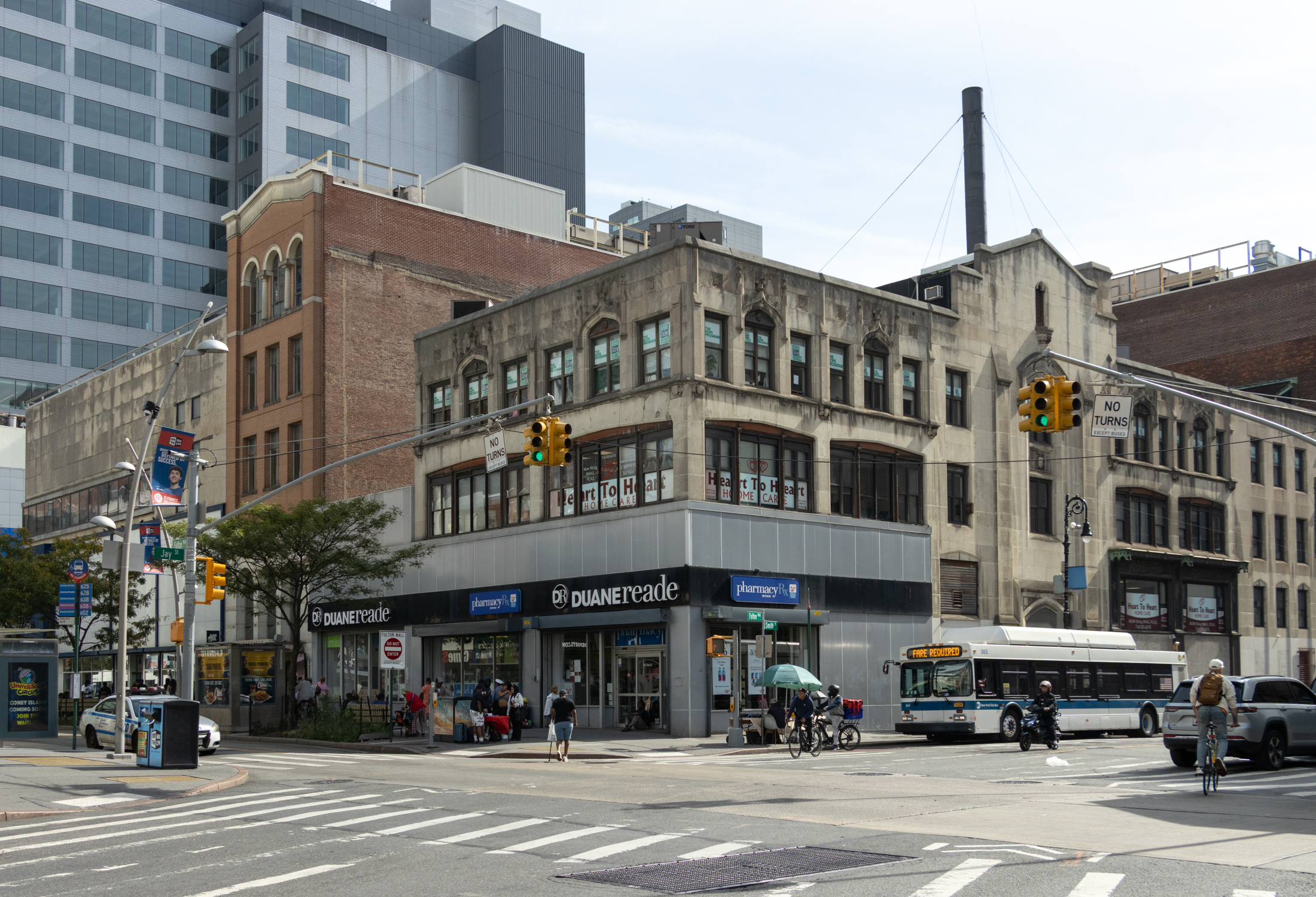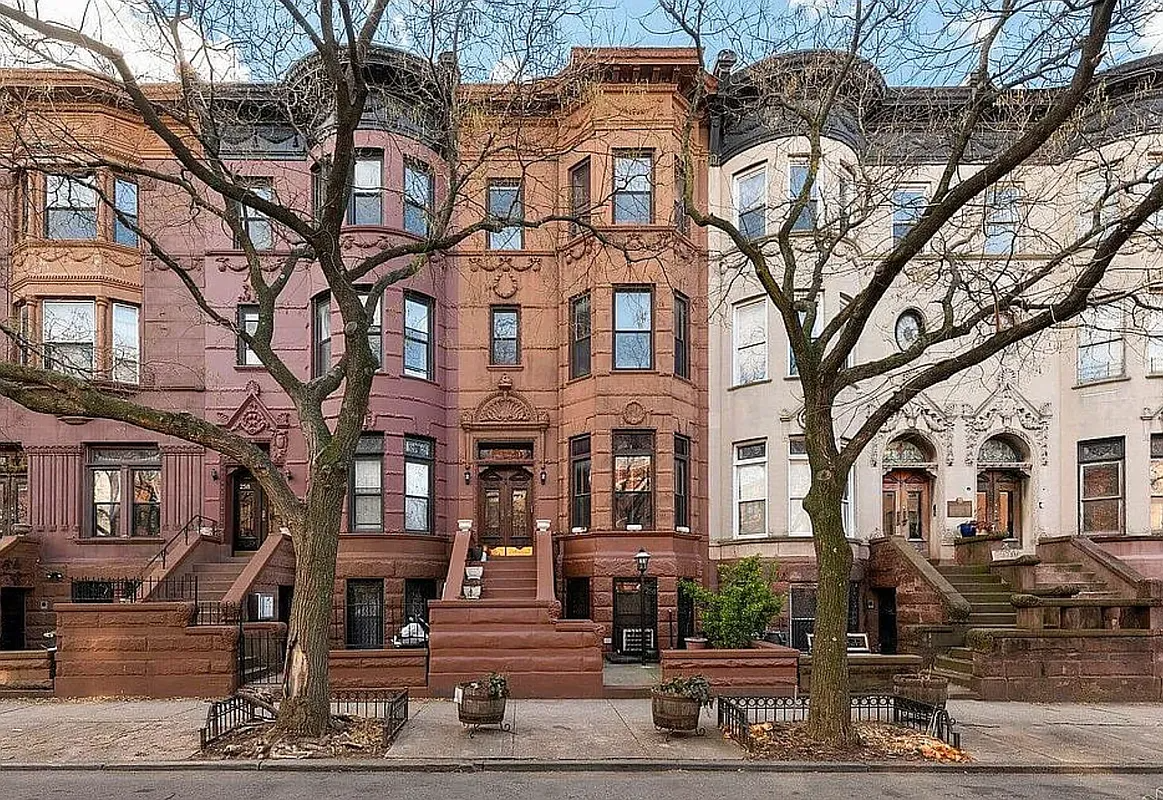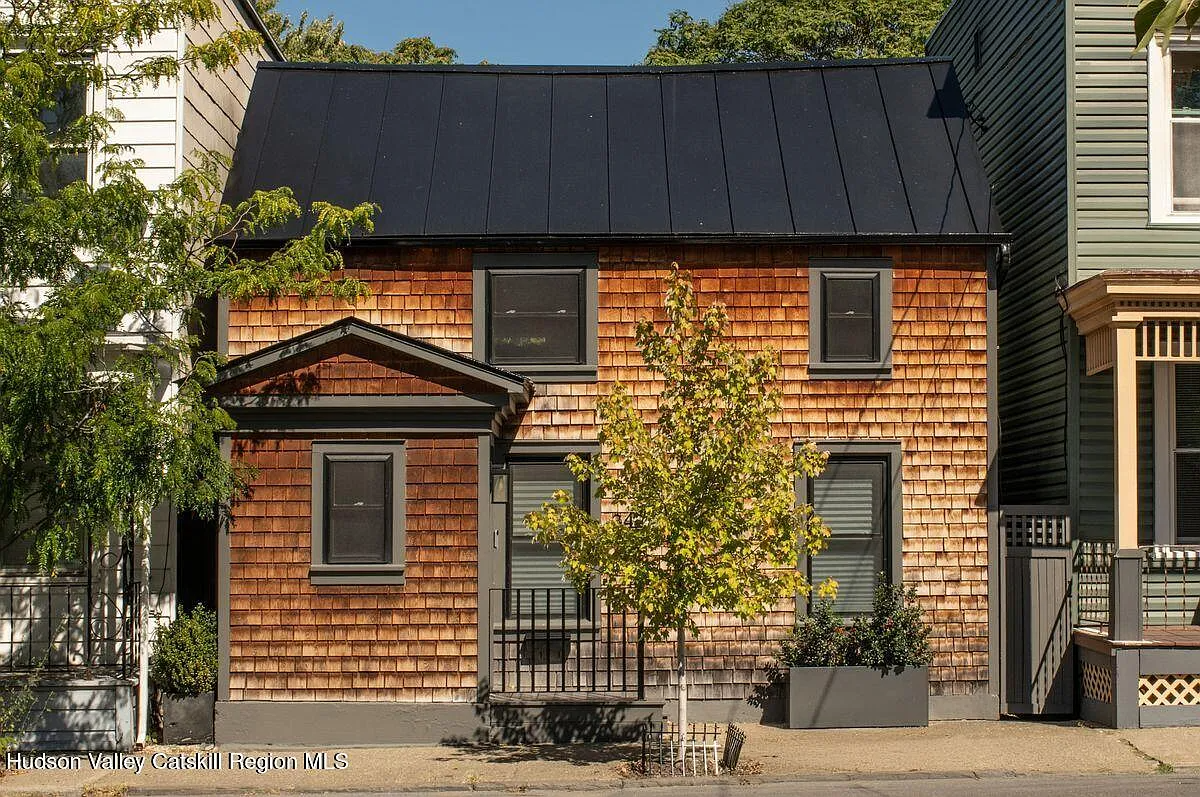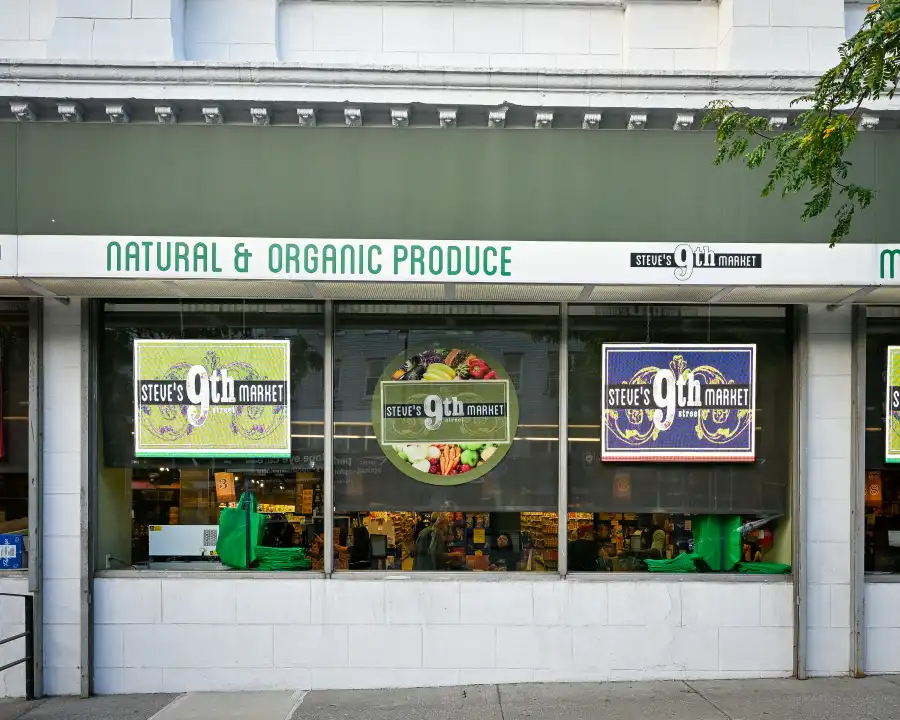Another Reason We're Glad We Left Manhattan
According to Forbes, $500,000 a year after tax is required to support an “affluent lifestyle” for a family of four in Manhattan. On the checklist of requirements: 2 cars, 2 private school tuitions, primary home cost of $3.9 million, second home cost of $1.9 million, and three vacations a year. Not everyone agrees that half…

 According to Forbes, $500,000 a year after tax is required to support an “affluent lifestyle” for a family of four in Manhattan. On the checklist of requirements: 2 cars, 2 private school tuitions, primary home cost of $3.9 million, second home cost of $1.9 million, and three vacations a year. Not everyone agrees that half a million dollars after tax is enough to qualify for affluence. “I think $500,000 will give you a comfortable lifestyle, not an affluent one,” said Dolly Lenz, a top real-estate broker with Prudential Douglas Elliman. “To live affluently, not extravagantly, you’d have to make at least $2.5 million a year.”
According to Forbes, $500,000 a year after tax is required to support an “affluent lifestyle” for a family of four in Manhattan. On the checklist of requirements: 2 cars, 2 private school tuitions, primary home cost of $3.9 million, second home cost of $1.9 million, and three vacations a year. Not everyone agrees that half a million dollars after tax is enough to qualify for affluence. “I think $500,000 will give you a comfortable lifestyle, not an affluent one,” said Dolly Lenz, a top real-estate broker with Prudential Douglas Elliman. “To live affluently, not extravagantly, you’d have to make at least $2.5 million a year.”
But how about Brooklyn? What does a family of four who is just buying a house now–say for $1.5 million–need to be comfortable (not affluent)? On a $1.2 million mortgage, call it $70K or so after tax for mortgage, taxes, insurance alone. Public versus private school decision is probably the next biggest factor–chalk up $30K for the latter if so inclined. So we’re up to $100K before you eat your first meal or make a lease payment on your car (we seem to get by with one car just fine). Granted a lot of people find ways to defray these costs considerably, most obviously by renting out a portion of their house as we plan to do or sending their kids to public school if they’re in a decent district. But still, it’s a little scary how fast the number can creep up and how quickly one can become a prisoner of one’s own mortgage, isn’t it?
Getting By On 500G [NY Post]





BigBubba – where you from?
http://www.forbes.com/realestate/2005/06/17/lifestyle-realestate-livingwell-cx_sc_0617home.html
Does anyone have a link to the Forbes article?
To Brownstoner’s question on co-op downpayments: From talking to my former co-opsters, they’ve said that owing to the higher cost of buying an apt, 20% minimum has become much more common. A lot of the small co-ops in Park Slope don’t have a hard and fast 20% rule, but Boards are simply much more concerned about affordability and want to see the 20%, though they’d consider 10% if the income were extremely high.
And btw, I realize my 1st post on this thread was a bit obnoxious – it was meant to be a bit humorous. I don’t mean to offend anyone. It’s probably that I myself grew up in an area (not in NYC) that went through a major urban renaissance (20 yrs ago) much like what’s happening in Bklyn right now. Little did I realize at the time, that I was growing up in these beautiful historic homes – to me they were dangerous, roach-infested, rat-infested, cold-water, slums. Despite all the negative implications, there were some benefits. Chief among them was that it sparked my very young, impressionable curiousity. Who were these interlopers? Where did they come from? Why can’t we be more like them and have what they have? As naive as it sounds, I basically set out to achieve that economic success – a simple guiding light, prompted by interaction with and observation of people I might have otherwise never come in contact with – at least certainly not as neighbors.
Now, I know that not everyone will appreciate what I’m saying. But, bottom line, is that I am devoid of the liberal class warfare, gentrification guilt thing. Certainly, we can dwell on the impact of gentrification and such (as we should), but this is not a new trend, it’s not unnatural, and there are actually some benefits to the existing residents. These are complicated issues and hostility is simply not warranted from any side of the discussion.
Heheh, some of my favorite posters from the HoFo on CL here.
WRT the Forbes article. I don’t see anything wrong with it. It compares different areas in the NE based on a certain set of assumptions. The point is not whether these assumptions correctly identify with an affluent lifestyle but rather they are a high water mark of an aspirational lifestyle that a lot of pp in certain areas of the NE do have and maybe others wish they had. None of this implies that you will be happy (despite a lot of ppl who do equate the accumulation of wealth and material things with happiness) but it does give you a rough benchmark of what it will cost to live that lifestyle.
You could easily subsitute your own numbers as bstoner did to get to the number that equates to your idea of an affluent lifestyle. That does not negate the “worth” of the Forbes article.
I once had a conversation with an ambitious woman who figured that she needed to gross 600K to live the kind of lifesyle she wanted to in Manhattan. She had icluded the cost of an apt large enough to raise a family in, something like a $25K per year jewelry allowance with a much larger clothing allowance, BMW or Mercedes, etc. etc. These kinds of ppl do exist in NYC. You only have to look around you at the hard charging bankers, lawyers, advertising execs, etc. and the wannabees (and you have to admit NYC is full of ppl striving to be that person they are not to get a taste of that lifesyle that they think they need) to see this in effect in the very town you call home.
This is a tangent that’s related to the class/boro question: Brownstoner’s post made me wonder what he thinks of the public schools in FG/CH. I’d be interested to hear a debate on that one. Do people think that parents in this neighborhood who send their kids to public schools are a) insane, b) admirable, c) both, or d) doing the only reasonable thing?
I don’t understand this constant ‘boro thing’ in this city. Articles(media in general)/people keep talking as though there is some significant difference or intentity of individual by borough of residence.
Oh- I would never live in Queens, people are so……, or I would only live in Manhattan type, or Brooklyn is so ‘hip’ these days (yeah-right – so how many ‘hipsters’ are flocking to Canarsie? – I bet most Brownstoners couldn’t find Canarsie on a map).
This attempt to characterize someone by boro-sounds so provincial – but I guess NY’ers can be the most provincial of all.
Agreed, Linus, absolutely. We want these issues to be discussed, too. We’re just hoping to minimize the accusatory tones and dogmatism. Neither is particularly constructive to give-and-take. In this case, discussing which public schools are good or expressing a respectful wish that more better-off people would send their kids to public school or suggesting ways to improve public schools would all be great. A sweeping statement blaming the inequalities of the world on people who choose to send their kids to private school is clearly counterproductive though.
Brownstoner,
Respect and tact, absolutely, but like it or not class is part of the subject of this blog. When people like you and I buy old houses and fix them up it has impact outside our walls. One of the effects is raising the price of admission in our neighborhoods.
God knows I don’t want to slog through some generic flame war about the best way to fund the schools, but this blog is the perfect place to talk about how “the lifestyles [brownstones] define” have changed Brooklyn.
That said, one of the things I like about brownstone Brooklyn are the different levels of “comfort” that are available (if not for everyone). Sure it’s expensive and there are huge class inequalities. And yet there is at least more intermingling than in other affluent places in the U.S. I doubt that in the wealthy suburbs of, say, Atlanta, you can find a multi-million-dollar mansion a block away from an apartment that costs a fifth the price.
You’ve got the multi-million-dollar townhouse / St. Ann’s level of comfort. You’ve got the decent-sized co-op, decent public school in a nice neighborhood level of comfort. (You’ve also got flat-out poverty, but at least it’s not invisible.)
The whole Forbes/NY Post business is based on one really narrow, shallow definition of comfort, and I’m sure even the writers realize how stupid it is. I just feel sorry for anyone who takes their definition at face value.